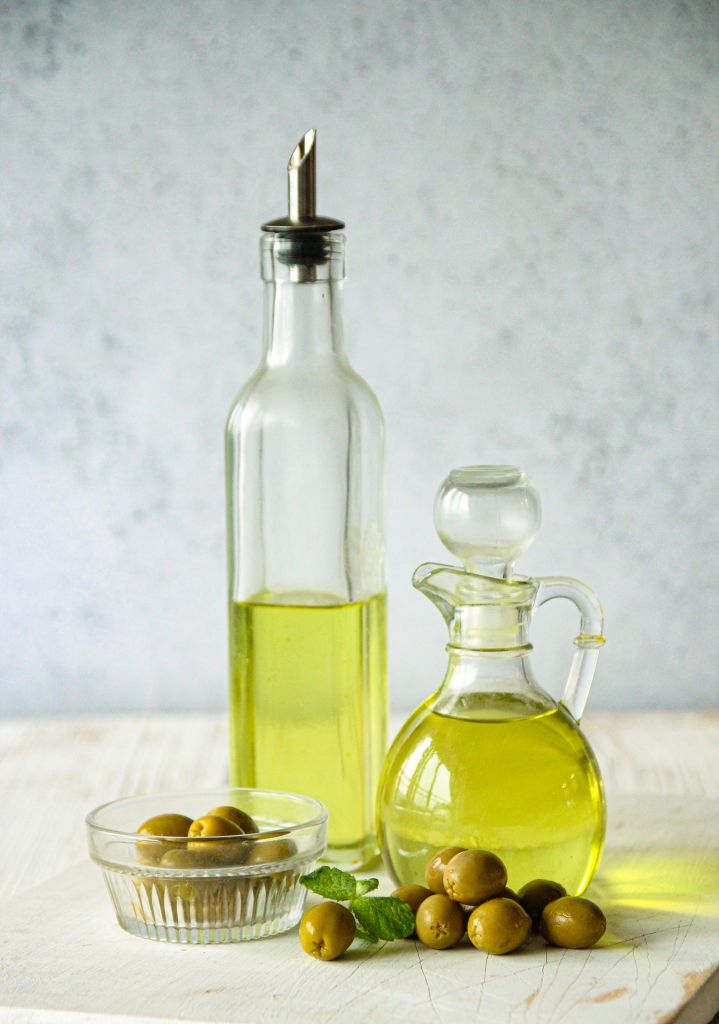
Source: msun5799 / Imazins / Getty
Fat gets a bad rap, but our bodies NEED fats…our brains need oils!
This is wear it gets hazy: not all oils are created equally, quite the contrary. Most oils that are used for cooking and baking are so unhealthy for us, especially if you have existing health issues. As you can probably imagine, eating out at restaurants or getting take out is really not the best choice…even if you THINK it’s a healthy menu. Restaurants use canola oils and vegetable oils because it is cheaper for them to buy in bulk.
Canola, vegetable (soy and corn), palm and seed oils of all kinds should be avoided. These are directly linked to inflammation and chronic health conditions. Any body inflammation can contribute to obesity, diabetes, and heart disease. Holly Haze explains, “It is the higher levels of polyunsaturated fats found in seed oils that make them so bad for us. In addition, the way these are processed carry a huge red flag. The amount of chemicals used in this process is quite harmful. We need omega-3, but seed oils carry too much omega-6 and mess up the ratio for our bodies’ needs.”
Holly adds, “The best thing you can do where oil is concerned, for your own health and the health of your family, is to get rid of all vegetable oils, butter substitutes and margarine from your home. Replace them with ghee or clarified butter, pastured-raised beef tallow or coconut oil. I use a vegan plant-based spread called Earth Balance if I need something for toast. It is so good!” Pasture-raised lard is 45% monounsaturated fat (and only 39% saturated fat) and is great for making pie crusts. One tablespoon of lard has 1000 IUs of Vitamin D. For stove top cooking, source pure extra virgin olive oil from Italy, Spain or Greece that is cold-pressed and first-pressed and avocado oil, which is better suited for high heat cooking. To spray a skillet or pan, opt for avocado oil spray.
Take away tips: Try to limit eating out. IF you must, ask if they have a choice of cooking oils..or better yet, ask for little or NO oil or butter. It is hard to keep on top of things that are recommended to us, especially when we trust what we are told on tv, magazines, brochures, on line, etc. Everything ends up contradicting what you were told the year before and it gets confusing. This is where you really need to talk to someone you trust and be your own best advocate.















